 Rabbi Tzvi Hersh Weinreb, executive vice president of the Orthodox Union (OU), was one of four keynote speakers from diverse faiths at this past Sunday’s interfaith gathering of the Democratic Party’s nominating convention in Denver.
Rabbi Tzvi Hersh Weinreb, executive vice president of the Orthodox Union (OU), was one of four keynote speakers from diverse faiths at this past Sunday’s interfaith gathering of the Democratic Party’s nominating convention in Denver.
Rabbi Weinreb used this faith platform to speak about the ‘Sacred Responsibility to Our Neighbor’ and encouraged the participants to translate feelings of loving your neighbor to action that clothes, feeds, and provides. The responsibility to our neighbor, as framed by Rabbi Weinreb, includes a call for redressing the inequities to the religious worker in the workplace, freedom of choice in education, and fashioning a culture defined by loving kindness.
The interfaith gathering took place on Sunday, August 24 (2pm MT) in the Wells Fargo Theatre of the Convention Center.
Text of Rabbi Dr. Tzvi Hersh Weinreb’s Address at the Democratic National Convention, August 24, 2008:
Our sacred responsibility to our neighbor.
“V’ahavta le-rayacha kamocha.You should love your neighbor as yourself.”
How do we understand love, how do we understand neighbor?
It is best to begin with a story; a two thousand year old story; a story about Hillel, one of the great sages of the Jewish people who was known for his wisdom, for his commitment to study; but, above all, for his patience.
The Talmud relates several stories illustrating the great patience of Hillel. In one of those stories, a Pagan approaches Hillel and tells him that he would like to study, to learn, the entire Torah, all of God’s teachings, while standing on one foot.
(I can’t even do it for a moment.) Others just cast this person aside. “You can’t be serious, you’re mocking me, you can’t study God’s infinite wisdom, His Torah, His teaching, while standing on one foot.”
But Hillel welcomed the Pagan and said, “Fine. Stand on one foot, and I’ll teach you the entire Torah.” And he told him in his native Aramaic, “Ma da’alach sanei, lechavrach lo sa’aveid. That which is hateful to you do not do unto your neighbor.”
This was Hillel’s understanding of the Biblical “Love thy neighbor as thyself”. “What is hateful to you do not do unto your neighbor.”
But Hillel continued and said, “That’s the entire Torah. That’s all of God’s teachings. The rest is commentary.”
And finally, he said, “Go out and study the commentary.”
The Jewish people, for two thousand years since Hillel, have studied that commentary.
Judaism stresses the need to study lifelong study: “Ki hem chayenu v’orech yameinu. Study is our life, the length of our days.”
What have we, as a people, the Jewish people, learned about this commentary, a commentary on “What is hateful to you do not do unto your neighbor”?
I would like to share some of these teachings that Jews have learned throughout the four corners of the earth and share them with each of you here, with all of you who are listening through the media, directly or indirectly, and with all those whom we will be choosing at this convention to lead us into the future.
Because I think that what the Jewish people have learned throughout the past two thousand years can contribute greatly to our ability to function as loyal and contributing citizens, as grateful citizens to this wonderful nation; but also to share with you a Jewish vision which merges with the vision of the other faiths that have spoken and that will speak and have not spoken today. A vision that will merge with the vision of the true democracy; of true democratic society.
First of all, we have learned who is our neighbor.
Our neighbor is not merely the person who lives next door to us or across the street or even down the lane. Our neighbor may be very distant from us.
Distant geographically. Our neighbor may be a victim of a tsunami halfway across the world. Our neighbors may be the suffering people of Darfur. Our neighbors may be those that are victims of the cruel war now going on in the country of Georgia, so far away geographically. As distant as they are, they are our neighbors.
Our neighbors may be distant from us culturally.
They may be different from us ideologically.
They may be different from us in their color, in their race, in their language, in their behavior, in their dress, but they – each and every one of them is our neighbor.
”What is hateful to yourself,” again, the words of Hillel, “do not do unto your neighbor.”
What does it mean to love your neighbor? The rabbinic commentaries struggle with this. Love? Love is a very precious commodity. It’s been cheapened, perhaps, in literature, in the cinema. But love is the highest of all emotions. Can you expect us to love each and every other neighbor that we have?
Our rabbis teach us to love means to feed and to clothe the poor. Behavior, action, is what counts.
Sometimes our neighbor is poor, and then we must feed and clothe him.
Sometimes our neighbor, she is ill, and then we must cure her and heal her.
Sometimes our neighbor, he is bereaved, and he requires us to console and to comfort him.
And sometimes our neighbor has been traumatized, and then we must render her whole.
Sometimes our neighbors are victims of human violence. And then we, all of us, must unite to do what we can, to transform our culture, to surgically remove from it the violence that permeates our society, that permeates our media, that permeates our literature. We must excise that violence, and we must fashion a culture which is defined by loving kindness and by compassion.
(Crowd calls out “Amen” using standard pronunciation. ) Let’s try the Hebrew “Amen”. “Omein.” Now I feel more at home.
Our neighbor may be unemployed, or she may be unfairly employed, and then we must find her employment or create meaningful employment for her, and we must redress the inequities of the workplace.
And sometimes, our neighbor is ignorant, and then we must educate him or her.
We must educate those who are challenged by poverty, by cultural deprivation, by disability, by illness, by prejudice, by intolerance, by learning difficulties, and by emotional hindrances – we must educate all those who are challenged, whatever they are challenged by.
And we must allow, especially in this pluralistic, diverse, and multicultural society, we must allow for freedom of choice in education so that our neighbor can instill in her children the values of her faith, the language of her people, the culture of her ancestors, the traditions of her family, while not blocking their path to full participation in the society at large.
And sometimes our neighbor is of a different religious faith entirely, and then we, of other faiths, must work together to assure him the ability to worship as he chooses and to conduct his life in accordance with the precepts and customs of his religion in the workplace, in the public space, without shame and without hardship.
I close with the words of one of my personal spiritual heroes, Rabbi Abraham Isaac HaCohen Kook, once along ago the Chief Rabbi in the land of Israel. And he wrote: “Tzadikim gemurim einam kovlim al horah elah mosifim ohr. The truly righteous do not bemoan ignorance; but they spread knowledge and wisdom.”
They are not crippled by doubt or despair, but they inspire faith and encourage hope. And they are not defeated by darkness nor ugliness or evil, for they shed light, they spread beauty, and they promote and foster all that is good.
(The OU is the nation’s largest Orthodox Jewish umbrella organization, representing nearly 1000 synagogues throughout the United States and sponsoring a host of communal programs and services. Rabbi Weinreb has served as the organization’s executive vice president since 2002. Rabbi Weinreb’s participation in the interfaith gathering is not intended to convey any endorsement – by Rabbi Weinreb or the OU – of any particular candidate or policy position of the DNC.)


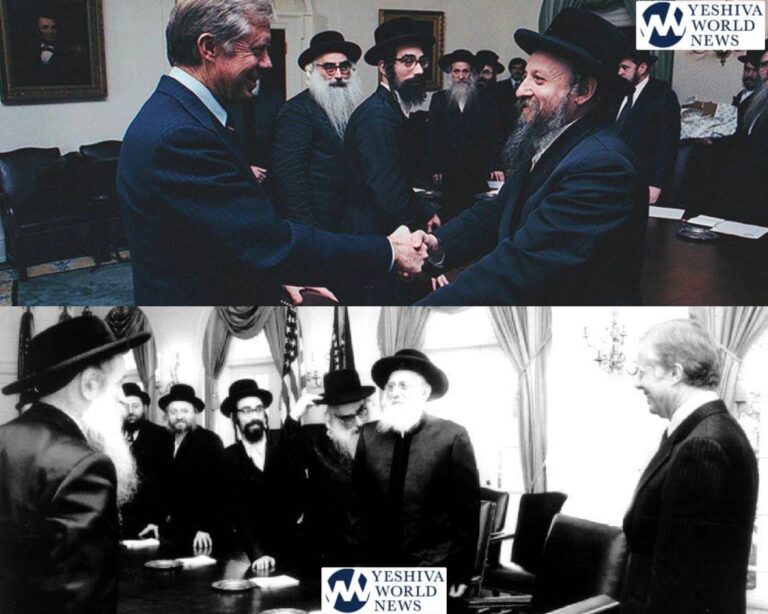

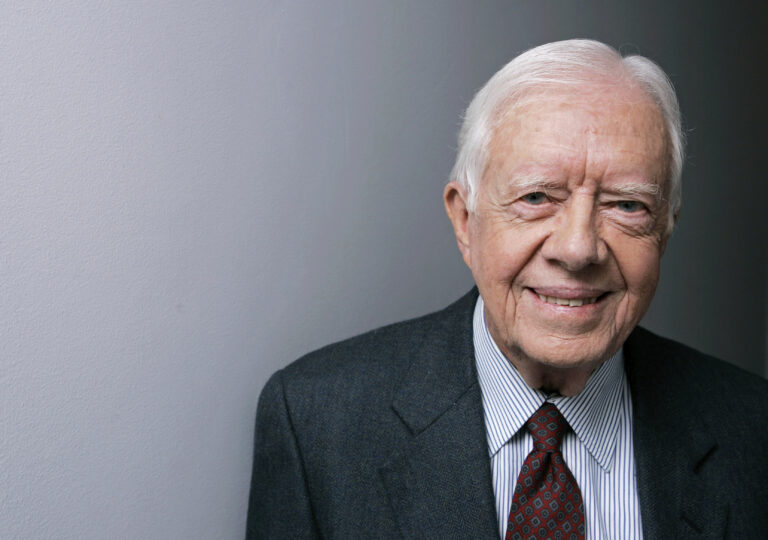
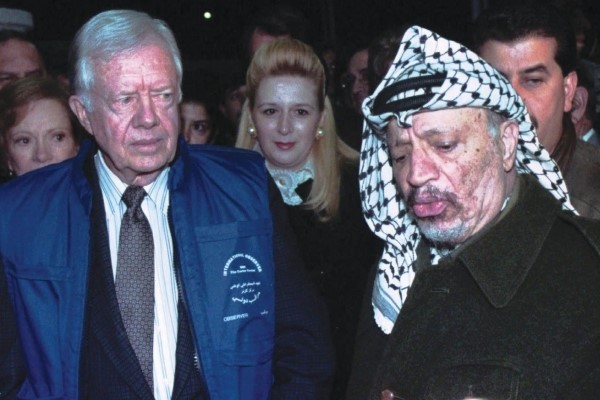
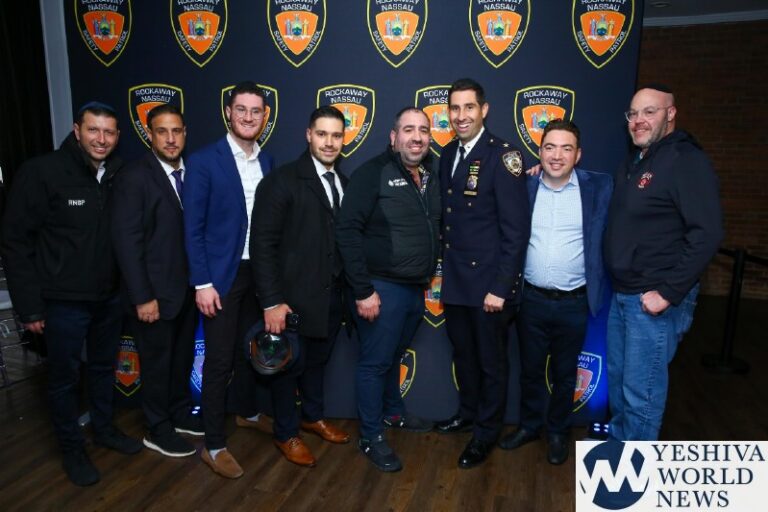



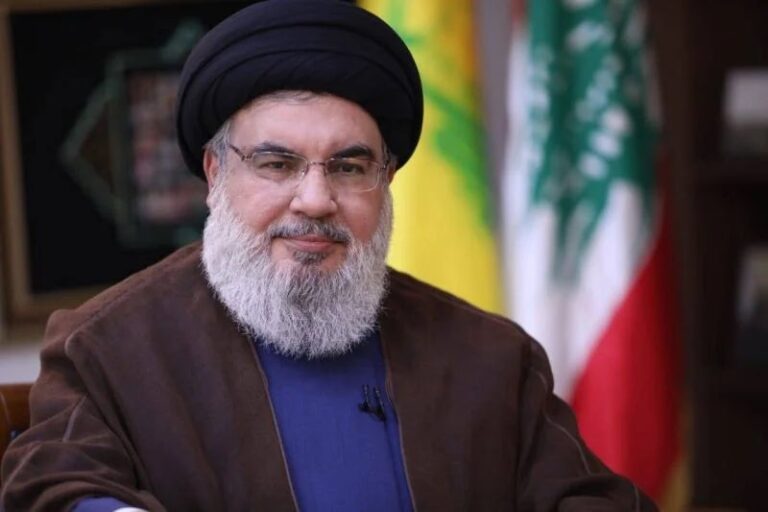
11 Responses
As my Uncle Tully from Netivot always says, “Thats a whole lot of babaganoush but where are the chatzilim?”
Its sort of like the PETA kapparos scandal all over again, and as I pointed out in my post on that article, it seems vexillology has replaced a befuddled peregrination with something of a more sinister and vacillious nature.
Seems like we’re defenestrating the whole lesson we strove for in the interim first place, a.k.a. Obama, Clintonistas, Chavez and Noach Dear. Should tis be tolerated silently?
Bring on the multitudes !!!
Wonderful speech and it’s nice he made it at the convention since this party will most likely take the White House.
#1, that is easy for you to say.
Lobbyist,
Well said. I have no idea WHAT you said but, whatever you said, it was well said.
to veryinteresting @ 9:38 am:
CHAS V’SHOLOM!!!
to #5, drugcommish in LA.
If you have the time, please explain why choose to say “Chas V’Sholom regarding Obama and Biden over McCain and his VP choice?
I have looked up the voting records of both candidates. Other than McCain abstaining a good deal on key votes, they are not too different.
#6 – Your argument is intriguing. But I think your conclusion is off. Truth is, we should say Chas V’Sholom on BOTH.
To me, the only real difference here is that one is young and one is old. The country will stop paying for the SS and pension and health benefits of the older one much sooner. If you want to discuss the “issues”…. don’t.
Lobbyist, I don’t think the words you wrote mean what you think they do, because your post makes no sense to me even though I know what most of the words mean. Would you be able to explain oyur point? Thanks.
PS: What does “vacillious” mean? That was the only word I couldn’t figure out.
Lobbyist,
I totally agree with you,
I happen to like mine with mustard on the side.
#6, I see your point, but it is not weighty enough for me, maybe for others, to respond with a “Chas V’Shalom” when discussing either of the candidates taking the White House. I am not too far off, though, from seeing how one might want to say that, but that is not my choice, is all.
Why was he speaking at the same event at the terrorist Ingrid Battson?